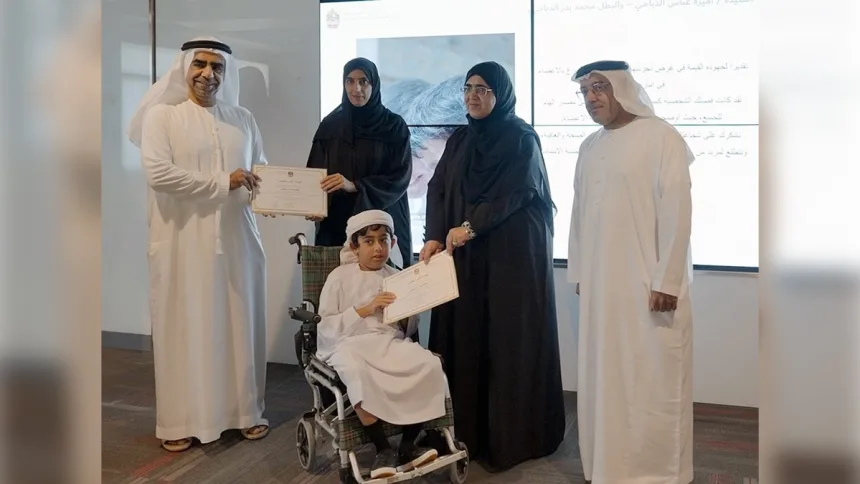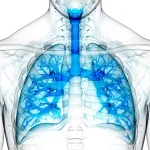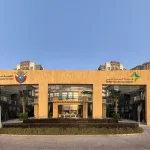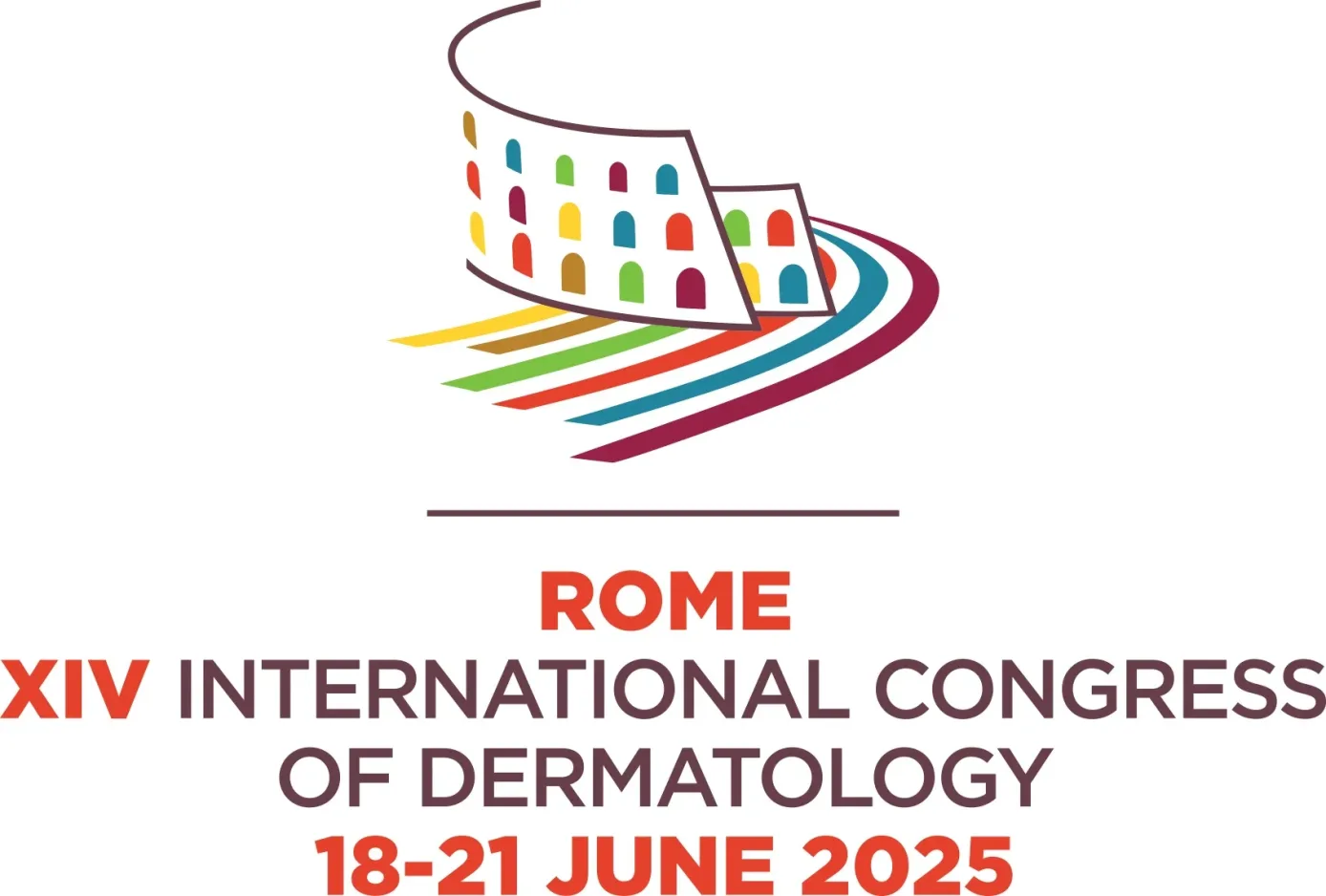UAE- November 2024- The Ministry of Health and Prevention (MoHAP) has organised an awareness-raising workshop on the National Program for Donation and Transplantation of Human Organs and Tissues (Hayat) at its representative office in Fujairah.
The event aimed to highlight the life-saving importance of organ donation, offering patients renewed hope for recovery. It also aimed to foster community participation in enhancing quality of life and supporting public health and safety, reinforcing the Ministry’s mission to establish an integrated healthcare system adhering to the highest international standards.
Boosting donor registrations
Dr. Mohammed Abdullah, Director of MoHAP’s Representative Office in Fujairah, attended the event alongside officials and representatives from local government agencies. It sought to increase registrations in the “Hayat” program, emphasising the significance of organ donation as a compassionate act that saves lives and bolsters the UAE’s position as a global leader in the field.
Achievements of the “Hayat” Program
The workshop touched on the role that organ donation plays in saving patients in need of transplants with Dr. Maria Gomez, Director of the National Centre for Regulating Donation and Transplantation of Human Organs and Tissues at MoHAP, delivering a presentation on the centre’s initiatives and procedures involved in organ transplantation, and highlighting recent achievements of the “Hayat” program. Inspiring success stories of patients who have benefitted from organ transplants were also shared at the session.
Also Read: UAE Strengthens Organ Donation System Under MoHAP
Promote donation awareness
Dr. Mohammed Abdullah said that the workshop is part of the Ministry’s ongoing efforts to raise awareness about the transformative impact of organ donation.
Furthermore, He stressed that the “Hayat” program plays a fundamental role in driving the UAE’s healthcare excellence and reflects the country’s leading achievements in the sector, which is experiencing a positive shift across all levels.





















